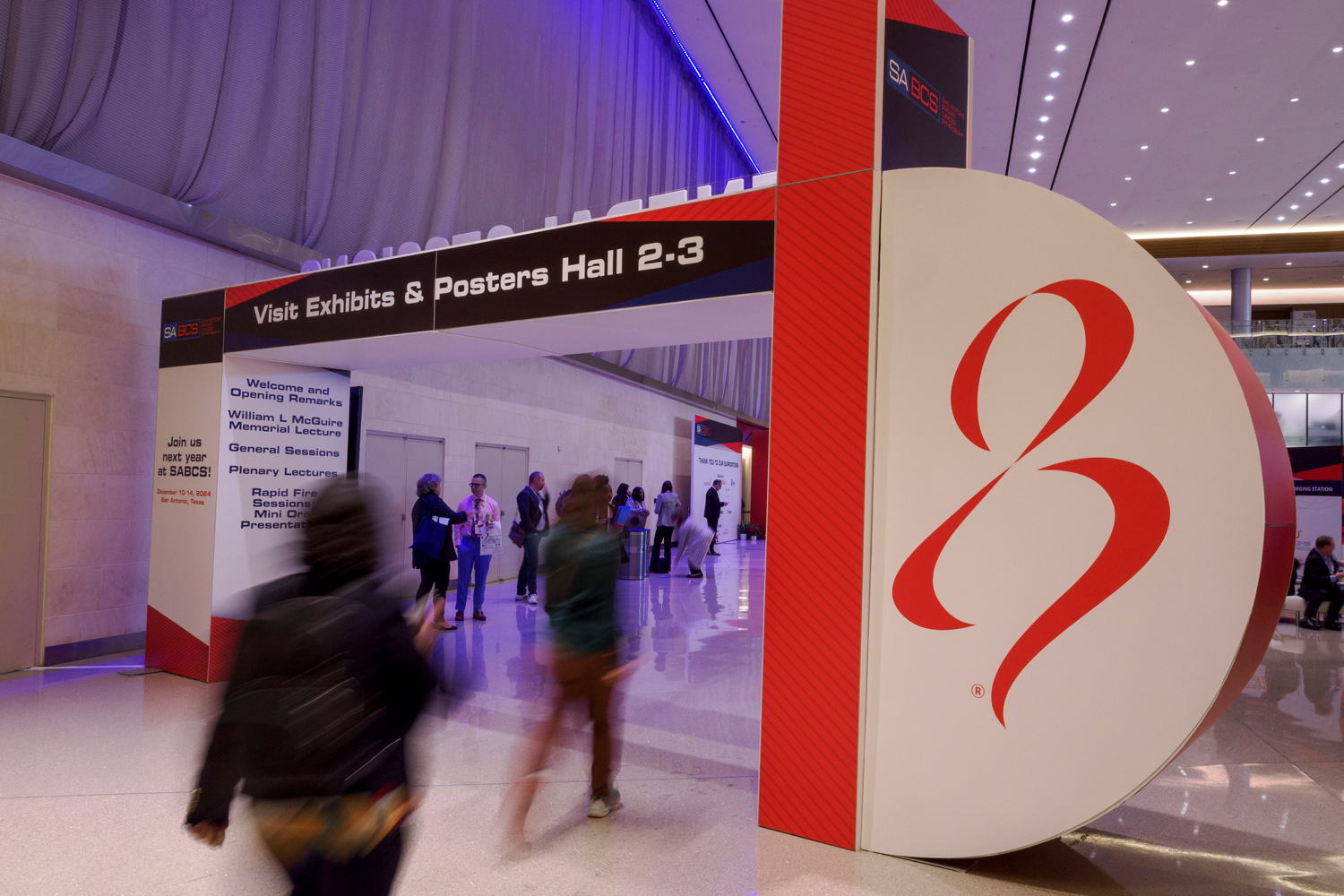Every week, the editors of Cancer Today magazine bring you the top news for cancer patients from around the internet. Stay up to date with the latest in cancer research and care by subscribing to our e-newsletter.
Research Explores Dialing Back Radiation for Women With Breast Cancer
New research presented at the San Antonio Breast Cancer Symposium (SABCS), held Dec. 5 to 9, underscored continuing efforts to personalize therapies and avoid unnecessary treatments. Several studies highlighted subtypes of patients with early-stage breast cancer who may be able to avoid radiation therapy without worsening cancer outcomes. One study in patients who initially had lymph-node positive breast cancer but became lymph-node negative after chemotherapy found those who skipped lymph node radiation had rates of cancer recurrence similar to those who did have radiation. The study is of particular interest to patients who receive a mastectomy and have breast reconstruction, who are at increased risk of complications after radiation treatment and reconstruction, according to an article on Breastcancer.org. Another study presented described how MRI and a tumor profiling test could help steer decisions about radiation therapy for patients who received a lumpectomy for ductal carcinoma in situ (DCIS), a type of breast cancer with abnormal cells inside the milk ducts that hasn’t invaded nearby tissue. In addition, other findings, simultaneously published in the Journal of Clinical Oncology on the day of the SABCS presentation, suggest menopausal women in their 50s and 60s who have stage I hormone-receptor breast cancer and low scores on a common genetic test may be able to skip radiation therapy after all patients in the study who could be evaluated were alive five years after their lumpectomies. “Although techniques of radiation treatment have improved dramatically, and it is far more efficient and tolerable now than it used to be, patients appreciate having a choice about their treatments,” noted presenter Reshma Jagsi in Cancer Research Catalyst, a blog of the American Association for Cancer Research (AACR). Jagsi is a radiation oncologist and researcher at the Winship Cancer Institute of Emory University in Atlanta. (The AACR, which co-sponsors SABCS, publishes Cancer Research Catalyst and Cancer Today.)
NCI Writes Next Chapter for Precision Medicine Research
More than eight years ago, the National Cancer Institute (NCI) launched NCI-Match, an initiative that looked to assess the tumor characteristics of people with advanced or rare cancers and match them to targeted therapies. The initiative brought hope for an era of more personalized medicine, where drugs could be chosen based on unique molecular features in a patients’ tumor. This week, James H. Doroshow, the NCI deputy director for Clinical and Translation Research, described the next iteration of precision medicine trials in the NCI’s Cancer Currents blog. He writes about new initiatives, including ComboMATCH, which assess combinations of two targeted therapies or a targeted therapy and chemotherapy, to determine approaches to overcome drug resistance; MyeloMATCH, which assesses patients with acute myeloid leukemia and myelodysplastic syndromes, including newly diagnosed patients; and immunoMatch or iMatch, the NCI’s first precision medicine trial focused on immunotherapy.
Adverse Events Increase With Immunotherapy and Surgery
Although the addition of immune checkpoint inhibitors to cancer therapy has improved treatment outcomes for many patients, the combination in perioperative treatment is also associated with an increased incidence of certain adverse events, according to a review recently published in Lancet Oncology. The review, which included 28 randomized controlled trials with almost 17,000 patients, found no increase in treatment-related deaths with the addition of an immune checkpoint inhibitor, but noted an increase in adverse events leading to treatment discontinuation. “Our analysis points to a need for further research into risk factors and identification of appropriate biomarkers to predict both efficacy and toxicity associated with cancer immunotherapy,” Yu Fujiwara, an oncologist from Mount Sinai Beth Israel in New York City, said in a HealthDay article.
Cancer Today magazine is free to cancer patients, survivors and caregivers who live in the U.S. Subscribe here to receive four issues per year.





